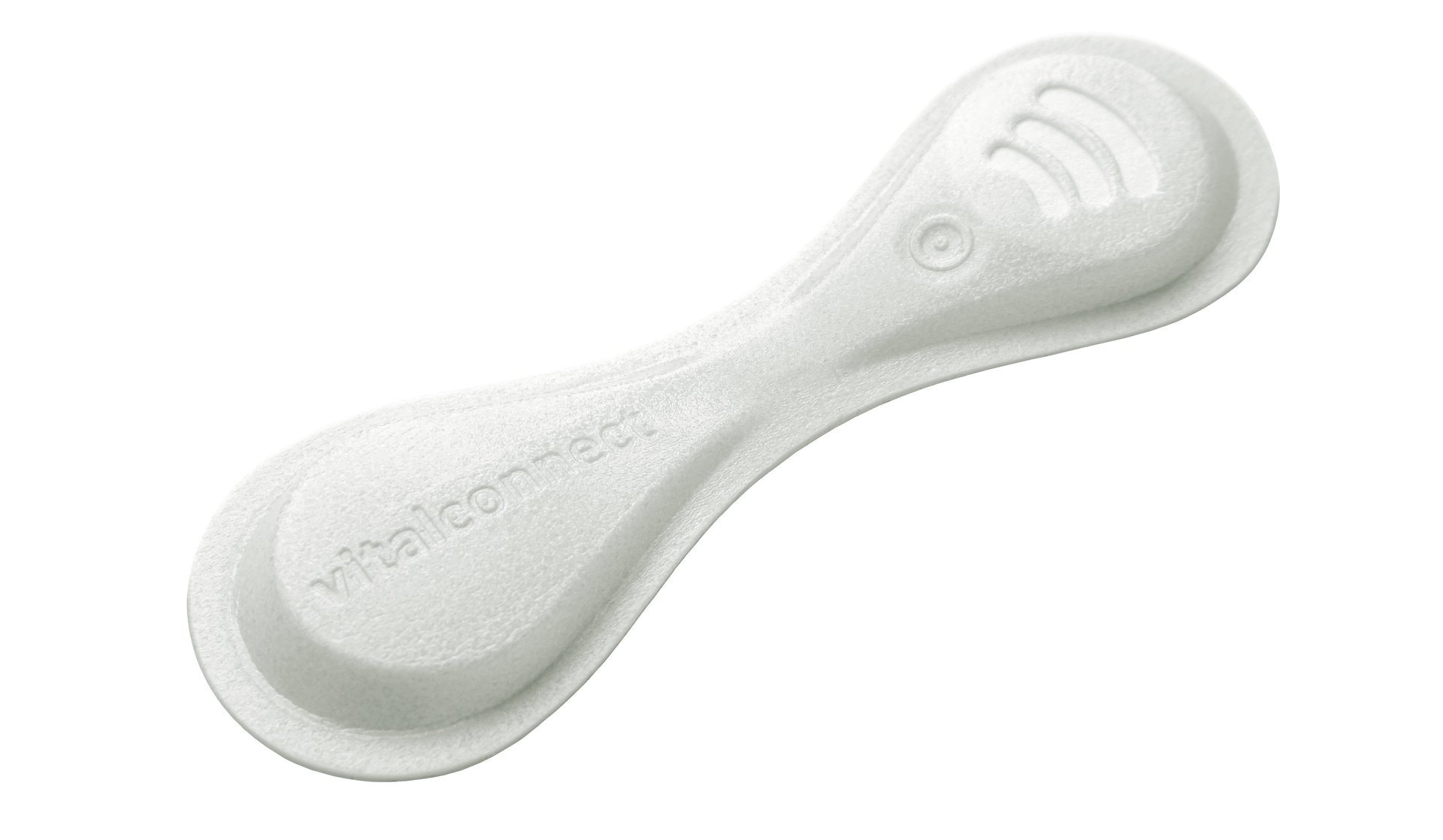Wearable patch predicts patients’ next heart attack before it happens
The problem with doctors is you only see them after you’re sick. Prevention is preferable.


The problem with doctors is you only see them after you’re sick. Prevention is preferable.
A new generation of wearable sensors is finally living up to that promise by letting patients get constant, personalized care wherever they go. The convergence of several innovations—small, efficient electronics, smartphone-enabled telemetry and digital patient data—is now opening the way, defeating past barriers of slow wireless connections, insecure data transmission, power-hungry equipment and uncertain regulation.
Preventable hospital readmissions cost Medicare and Medicaid $17 billion (pdf, p2) in 2014, according to the US Department of Health and Human Services. Heart failure was one of the worst offenders. A quarter of the 5.1 million people afflicted annually end up back in the hospital with thirty days of discharge.
BeVITAL, an initiative combining wearables and secure data sharing, is one of the first to go after the problem of monitoring patient heart health. BeVITAL’s thin, disposable patch, essentially a sensor-laden Band-Aid weighing 11g (4 oz.), is affixed to patients’ chests to track heart activity, breathing rate, temperature, physical movement, posture, and even falls, says the manufacturer, Vital Connect. The patch can stream vital signs to doctors offices 24/7 and send out warning signals, sometimes weeks in advance, before serious problems begin.
A low-energy Bluetooth connection, powered by a small zinc-air battery lasting about four days, transmits data to a smartphone or hub before it is stored in cloud servers managed by BePATIENT. Doctors can then share information among other healthcare providers, and patients can track their own health, as well as share their challenges with others.
The system has been tested with about 100 patients at five hospitals in Europe, and will arrive at the John Muir medical center in Walnut Creek, California, this summer Valeska Schroeder, a product manager at Vital Connect, said by email. The post-discharge heart patient trial at John Muir is intended to compare data quality and patient outcomes with on-site hospital care.
Previous studies have shown wearable sensors can successfully detect heart attack risk factors as much as three weeks before conventional approaches. Schroeder hopes the new trial will earn BeVITAL regulatory clearance to roll out to millions of new patients for risky conditions from heat attacks to bariatric surgery.